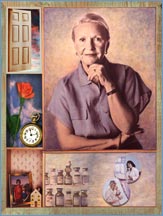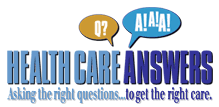Medication side effects
Milo is a well-respected health care professional. However, many of his colleagues don't know that he has bipolar disorder or manic-depression. This is a mental illness resulting from a chemical imbalance in the brain. It causes the person's mood to fluctuate between being manic or depressed.
Milo was not on medication and was in a manic phase, which is often characterized by unrealistic expectations and excessive involvement in risky behavior. He decided that he wanted to be a model. He went to an agency, was told he was gorgeous, and that he would be an outstanding model. He paid them $7,000. He says that he really believed he would become a famous model and go to exotic places to have his picture taken. Two days later when his mood had stabilized, he realized how much money he spent. He read the fine print, and was able to get his money back.
His therapist suggested he see a psychiatrist about medication. He started on medication to stabilize his mood. Unfortunately, he soon developed a number of adverse effects including fatigue, indigestion, loss of appetite, dry mouth, and trembling in the arms and hands. No one had told him that these side effects might occur. Some of them were so troublesome that Milo almost stopped taking his medicine. Fortunately, he called his psychiatrist first, who told him that side effects often go away as the body adjusts to the medicine. Milo kept taking his medicine, and the side effects did go away.


